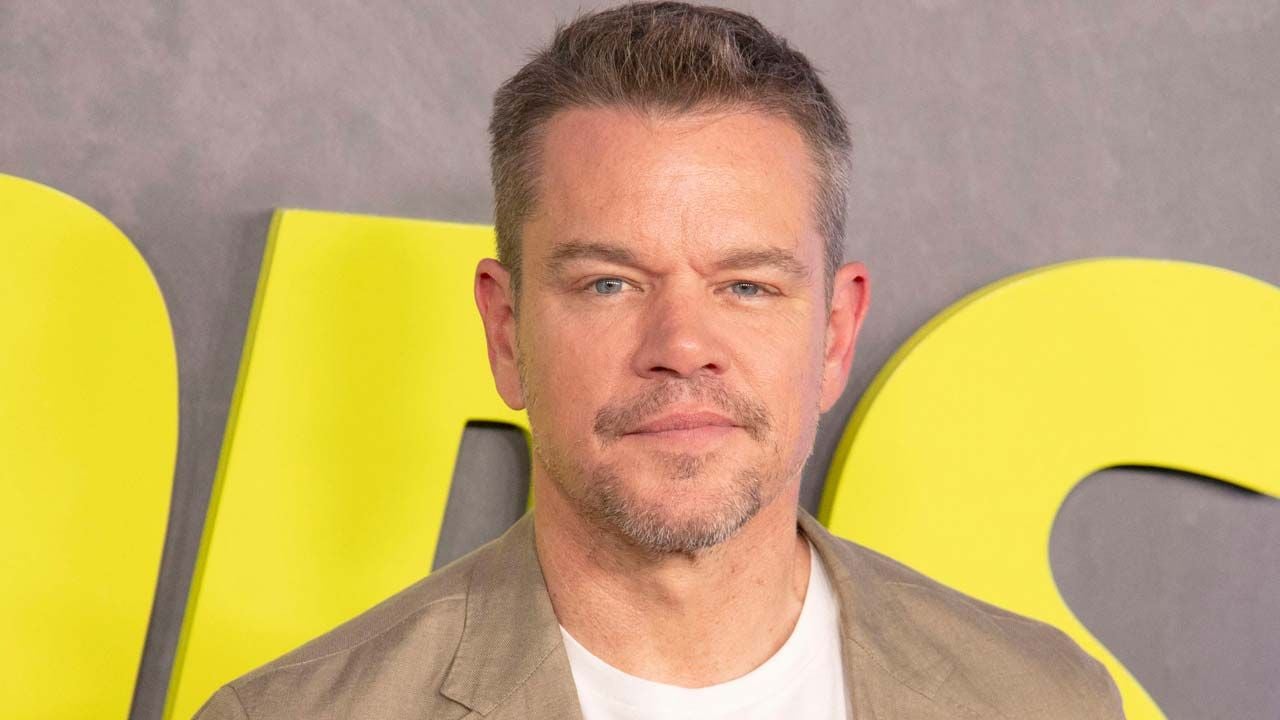One of the main initiatives of the Brazilian presidency at the G20, the Global Alliance against Hunger, will start smaller than Brazil would like, with 41 countries instead of the 100 initially planned, but with the ambitious goal of releasing 500 million people out of poverty by 2030 as income transfer programs and social protection systems expand around the world.
The Alliance, launched this Friday, was created to try to halve poverty and universalize education – the first two goals of the United Nations Millennium Goals – by 2030, the Alliance will begin, in addition to 41 countries, with 13 international public organizations and financial institutions, such as the World Bank, 19 philanthropic institutions, NGOs and other civil organizations, including the Bill and Melinda Gates Foundation.
In the coming months, however, the number is expected to increase. The Brazilian government estimates that more than 60 countries are now in various stages of submitting their national plans to join the alliance.
The coordinator of the Task Force for the creation of the Alliance, the Minister of Social Development, Wellington Dias, explains that the process is not a simple membership. It is necessary to present a plan with goals and objectives within programs recognized as having concrete effects on poverty reduction.
These plans will then be monitored by the United Nations National Development Program (UNDP) and the United Nations Food Fund (FAO), as well as by a so-called “Council of Champions”, a group made up of countries specializing in certain sectors which will see the development of each program.
The project to bring together donors and countries in need of resources and technologies will bring together, for example, Norway, Germany, the United Kingdom and France, on the one hand; and Chile, Nigeria, Lebanon and Palestine, among those who are committed, with aid, to expanding income transfer programs, school meals, microcredit, food purchase programs from small producers, in a basket of proposals that, Current experience shows that they work.
The slower-than-expected delay in joining the alliance, explains the minister, also derives from the distrust that exists towards donation experiences and the development of projects of this type. On the donors’ side, they put in resources and don’t always see results, and on the other side, they don’t believe in investments.
“There is mistrust in the UN bodies, aid is very scarce, developed countries take care of each other and make only a small contribution. We therefore have to create enthusiasm, this is what we are doing,” Dias said.
The minister says the world already invests a lot of money in social programs, but these investments are not always effective.
“When we add up everything the world invests, it’s not a little money. It’s very close to $100 billion. But it’s dispersed. Now it will be more concentrated, but there is also a commitment to be more. The World Bank estimates that it will probably take $179 billion a year for something powerful. Even time is short now, we’re six years away from 2030,” he told Reuters in an interview in Rio de Janeiro.
Announcements from countries and institutions already registered in the program, which will be unveiled this Thursday, make up a basket of initiatives starting with 500 million more people around the world benefiting from income transfer programs by 2030.
They also include expanding school meal programs for 150 million children in countries with endemic hunger and poverty; health care for 200 million women and children in early childhood; women-focused social inclusion programs, including microcredit and training for 100 million people.
“As long as there are families without food on the table, children begging on the streets and young people without hope for a better future, there will be no peace,” Lula argued in material on the alliance received in advance by Reuters. “The world produces enough food for everyone, and we know from experience that a series of well-designed public policies, such as income transfers, such as the Bolsa Família program, and nutritious school meals for children, have the potential to put end the plague of hunger and restore hope and dignity to people.
Among the proposals Brazil included in its work plan is the expansion of the Clique microcredit program to 6 million people. The Brazilian government also intends to expand the health monitoring visit program to an additional 300,000 children aged 0 to 6 years and 25,000 pregnant women.
In the school meals sector, the Brazilian government intends to increase the purchase of food from small producers and organic foods.
“We have not, for example, included Bolsa Família in our work plan because we will not expand the program further. The goal now is to get these people out of the program, with initiatives like Crédito,” Dias said.
Source: Terra
Rose James is a Gossipify movie and series reviewer known for her in-depth analysis and unique perspective on the latest releases. With a background in film studies, she provides engaging and informative reviews, and keeps readers up to date with industry trends and emerging talents.








